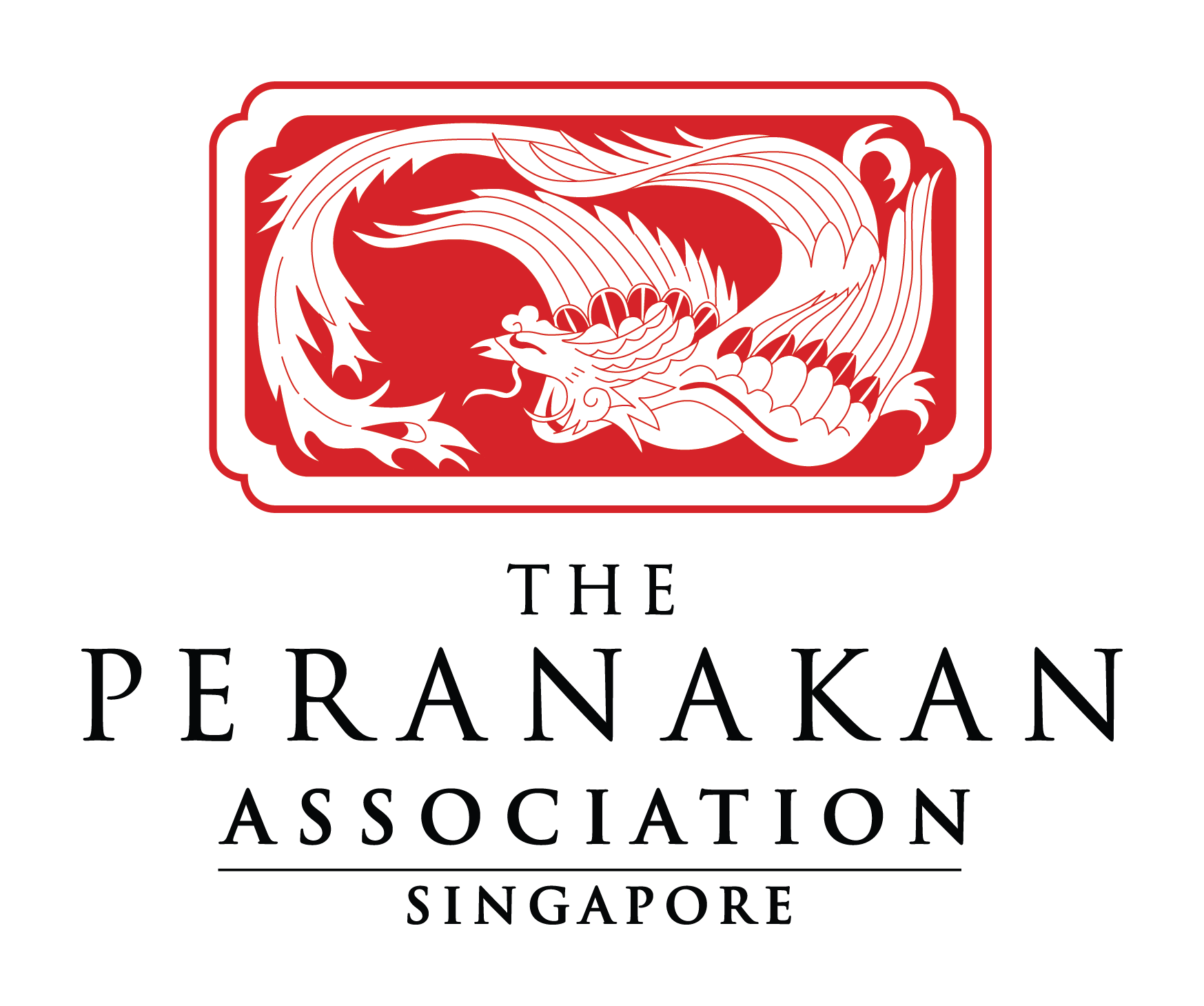
A REMEMBRANCE
Red Candles* for a Grand Dame: Agnes Tan Kim Lwi (1920 – 2021)
by Baba Ronney Tan Koon Siang
The Peranakan community has just lost a leading nyonya who quietly gave much to Peranakan culture and Singapore society at large.
Blessed with looks, fortune and longevity, Nyonya Agnes Tan Kim Lwi was born in the lap of luxury. But her upbringing was nothing of the sort. Her father, the august Tun Dato Sir Tan Cheng Lock, was austere yet had a kind heart.
Though a sedara (relative), I never met her even though my mother and Agnes share the same progenitor ancestor, Tan Hay, going back eight generations.
As she finished the line at 101, we pause to remember her many altruistic contributions to the Straits-born Chinese community, including The Peranakan Association Singapore (TPAS).
Together with her late sisters, Nyonya Nellie and Nyonya Alice, Agnes had contributed much to education (National University of Singapore scholarships and SUSS study grants) and various other causes, including a $16 million gift to the Institute of South East Asian Studies (ISEAS).
But, Agnes’s most visible legacy in Singapore must surely be the faithful restoration of the late-19th century three-storey residential townhouse on Neil Road now known as NUS Baba House. No other building in Singapore can match this beautifully conserved townhouse as a magnificent showcase of a typical wealthy Peranakan family home before the war.
It is part of large donations Agnes made in 2004 and 2005, in her father’s name, to NUS to acquire respectively two adjoining Dutch-style houses on Heeren Street (now Jalan Tun Tan Cheng Lock) in Melaka and the Neil Road property for the purpose of building awareness about our Peranakan heritage and enabling conservation studies.
As a benefactor of TPAS, Agnes funded the publication of the Peranakan community’s first comprehensive compendium of Baba Malay terms and expressions. Baba William Gwee’s A Baba Malay Dictionary, published in 2006, has become a much-used out-of-print classic.
She also funded a cutting-edge play titled Bedrooms produced by TPAS in 2009. It garnered both acclaim from contemporary theatre goers and shrieks of consternation from bibiks who are more used to the melodramas of traditional Wayang Peranakan.
Remaining single to the end, Agnes lived the life of a woman seeking independence.
The end of the world war opened up opportunities for the two sisters Agnes and Alice. They went to America and then to the United Kingdom to further their studies before returning home to Melaka.
As a philanthropist, Agnes’s gifts complemented the generosity of her illustrious forefathers, Tan Choon Bock, a founder of Straits Steamship (the predecessor to Keppel Corp), and Tan Cheng Lock, the widely-respected business and political figure who sparred with the British for the common man and independence. (In 1959, her brother Tan Siew Sin became the second finance minister of the newly-independent Malaya.)
Key values Agnes’s father inculcated in her must have been thrift with a generous heart and a sense of right and wrong. They served her well in her giving. These are values our community still holds dear.
*It is a Peranakan Chinese (and Chinese) funerary custom for red candles to be lit at the wakes of those aged 80 years and above as a celebration of longevity.
